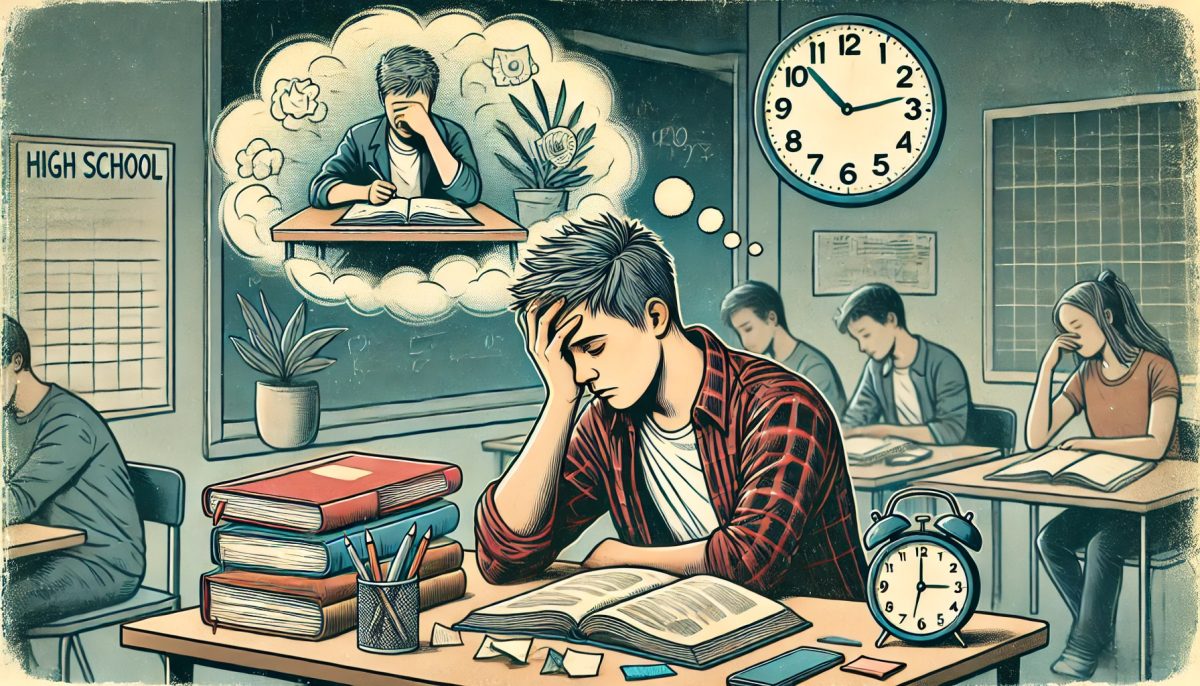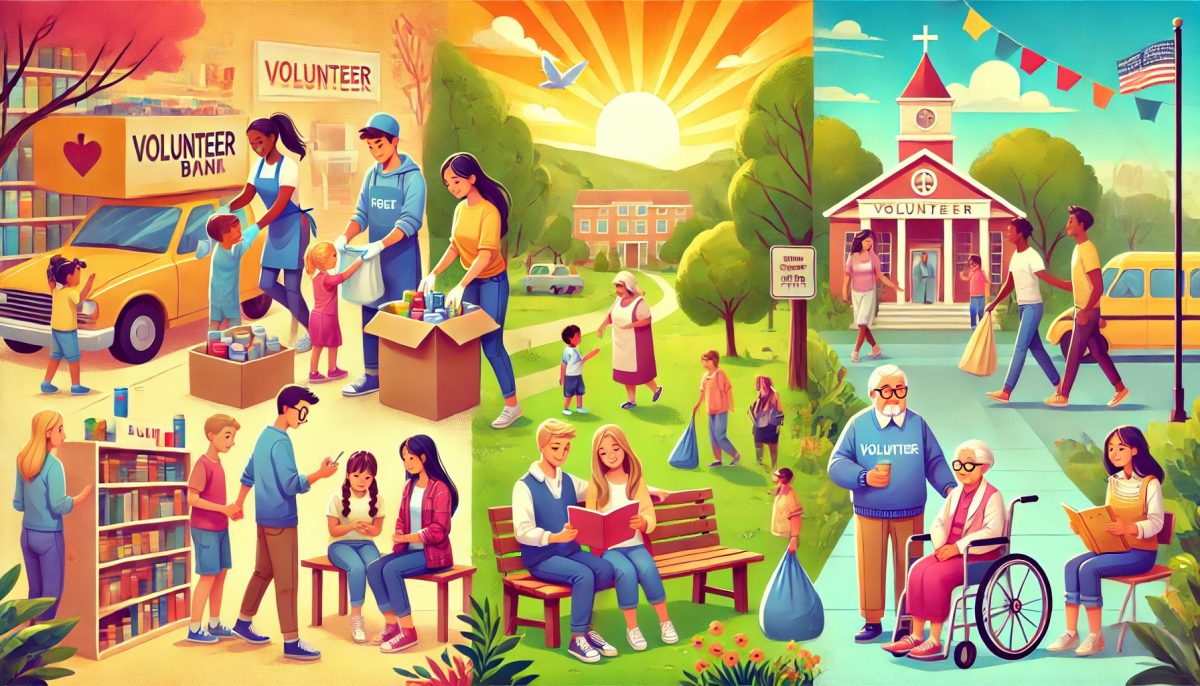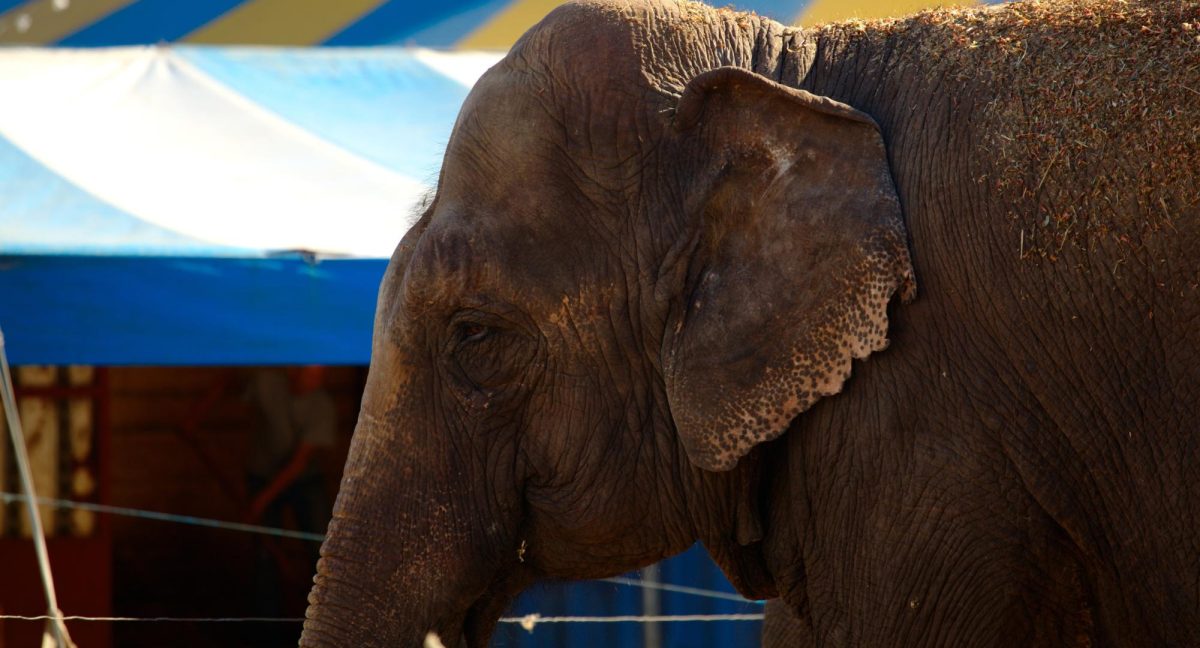Let’s be honest—most high school students are running on fumes. Between early school start times, after-school activities, homework, and part-time jobs, sleep often feels like a luxury instead of a necessity. But what if I told you that sacrificing sleep to get more done is actually hurting your performance rather than helping it?
Studies have shown that teenagers need between 8 to 10 hours of sleep per night to function at their best. Yet, most high school students barely hit six. The problem isn’t just bad time management—it’s a system that doesn’t work in our favor. Early school start times force students to wake up before their brains are even fully alert. Combine that with hours of homework, extracurricular commitments, and the occasional attempt at a social life, and it’s easy to see why so many of us feel exhausted all the time.
Lack of sleep affects more than just mood and energy levels. It has a direct impact on memory, focus, and decision-making—three things that are pretty important for academic success. Studies have linked sleep deprivation to lower test scores, difficulty concentrating in class, and even an increased risk of anxiety and depression. In other words, skipping sleep to finish an assignment might help in the short term, but in the long run, it’s making things harder.
So, what’s the solution? Some schools have experimented with later start times, and the results are promising—students get better grades, have fewer absences, and report feeling more alert throughout the day. But while we wait for those changes to reach us, there are small adjustments we can make now. Setting a consistent sleep schedule, limiting screen time before bed, and avoiding caffeine late at night can all help improve sleep quality.
The reality is, we can’t expect students to perform at their best if they’re constantly sleep-deprived. If schools truly value student success, they should prioritize a schedule that allows us to get the rest we need. In the meantime, it’s up to us to start treating sleep like the necessity it is—because no amount of caffeine can replace a good night’s rest.









